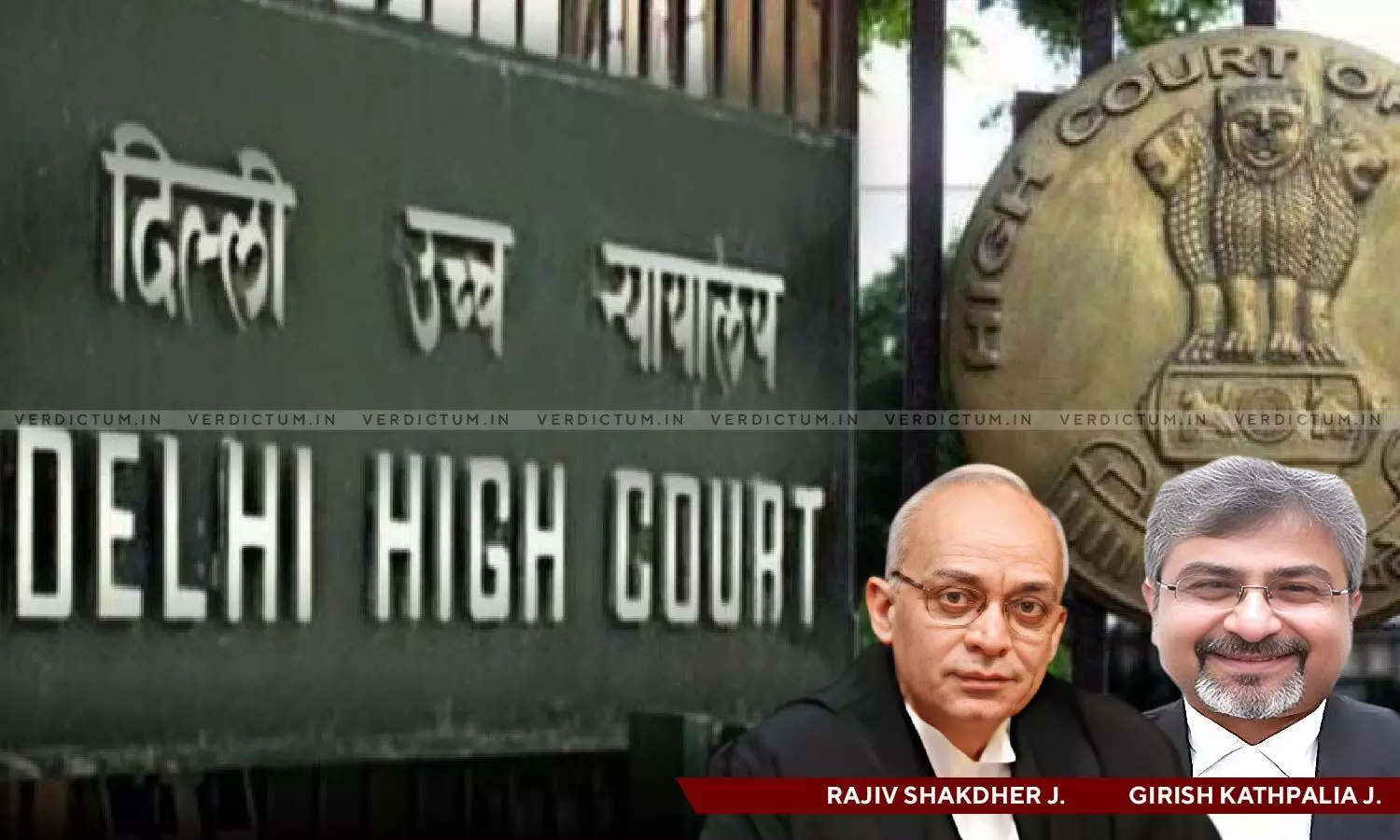
Receipts From Subscription Fees Paid By Member Firms Are Not 'FTS' And Exempt From Tax Based On Principles Of Mutuality: Delhi High Court
 |
|While upholding the ITAT’s order that the receipts of Deloitte Touche Tohmastu from subscription fees paid by its member firms are not in the nature of fees for technical services but exempt from tax on the basis of principles of mutuality, the Delhi High Court clarified that, the Assessee satisfies all three tests of mutuality, i.e. commonality of identity, non-profiteering, and obedience to mandate.
Taking note that in the present case, no outsider party contributed to the common pool of Assessee’s funds nor is entitled to a share in the surplus, the High Court remarked that the first test of commonality of identity between the members of the association and participators in the surplus stands satisfied and “merely because members of Verein are able to avail various technological services and license to use goodwill of Verein, their contributions cannot be regarded as quid pro quo.”
The Division Bench of Delhi High Court comprising Justice Rajiv Shakdher and Justice Girish Kathpalia observed that “The doctrine of mutuality originated from the basic principle that an individual cannot engage into business with herself and it is deemed in law that if identity of the seller and the buyer is marked by oneness, then no profit motive can be attached to such a venture. On account of profit motive, excess of income over the expenditure or the surplus remaining in the hands of such venture cannot be regarded as income amenable to tax under law”.
Senior Advocate Percy J. Pardiwalla appeared for the Assessee while the Revenue was represented by Advocate Puneet Rai.
As per the brief facts, the Assessee, a Switzerland-based association (Verein) has member firms situated across the world, filed its return in India declaring Nil income for AYs 2008-09 to 2011-12. The Assessee was subjected to scrutiny wherein assessment order for the relevant AYs determining Assessee’s income at Rs. 9.71 Cr, Rs. 15.32 Cr, Rs. 20.12 Cr and Rs. 13.70 Cr, respectively was passed. On appeal, the CIT(A) deleted the said additions holding that Assessee is a non-profit entity and subscription fees from its members could not be held as trading receipts as they are covered by principles of mutuality.
After considering the submission, the Bench emphasized that three basic conditions to test the existence of mutuality, are (i) element of commonality, (ii) element of non-profiteering, and (iii) element of obedience to mandate.
The Bench observed that the doctrine of mutuality stems from the basic principle that an individual cannot engage into business with itself and it is deemed in law that if identity of the seller and the buyer is marked by oneness, then no profit motive can be attached to such a venture.
The Bench further observed that the surplus remaining in the hands of such venture cannot be regarded as income amenable to tax as, it is a profit accruing to a person in his dealings with the other party which is taxable under law.
The Bench also noted the articles of Verein to observe that “those articles do not reflect even iota of element of commerciality between the members themselves or between the members and the Verein or between the Verein and any outsider”.
The Bench pointed that the second i.e. non-profiteering test stands satisfied as the ultimate object of Verein is to benefit its member firms with the goodwill of the Verein as a whole, to which they add with their individual professional excellence on the basis of shared information and expenses in the field of their profession.
Lastly, the Bench found that the third test of obedience to mandate stands satisfied as the concerned parties have reciprocal rights or understanding or arrangement to abide by the mandate of the group for benefit of other members.
Accordingly, the High Court answered in favour of Assessee.
Cause Title: CIT v. Deloitte Touche Tohmastu [Neutral Citation: 2023: DHC: 7622-DB]
Click here to read/ download the Judgment